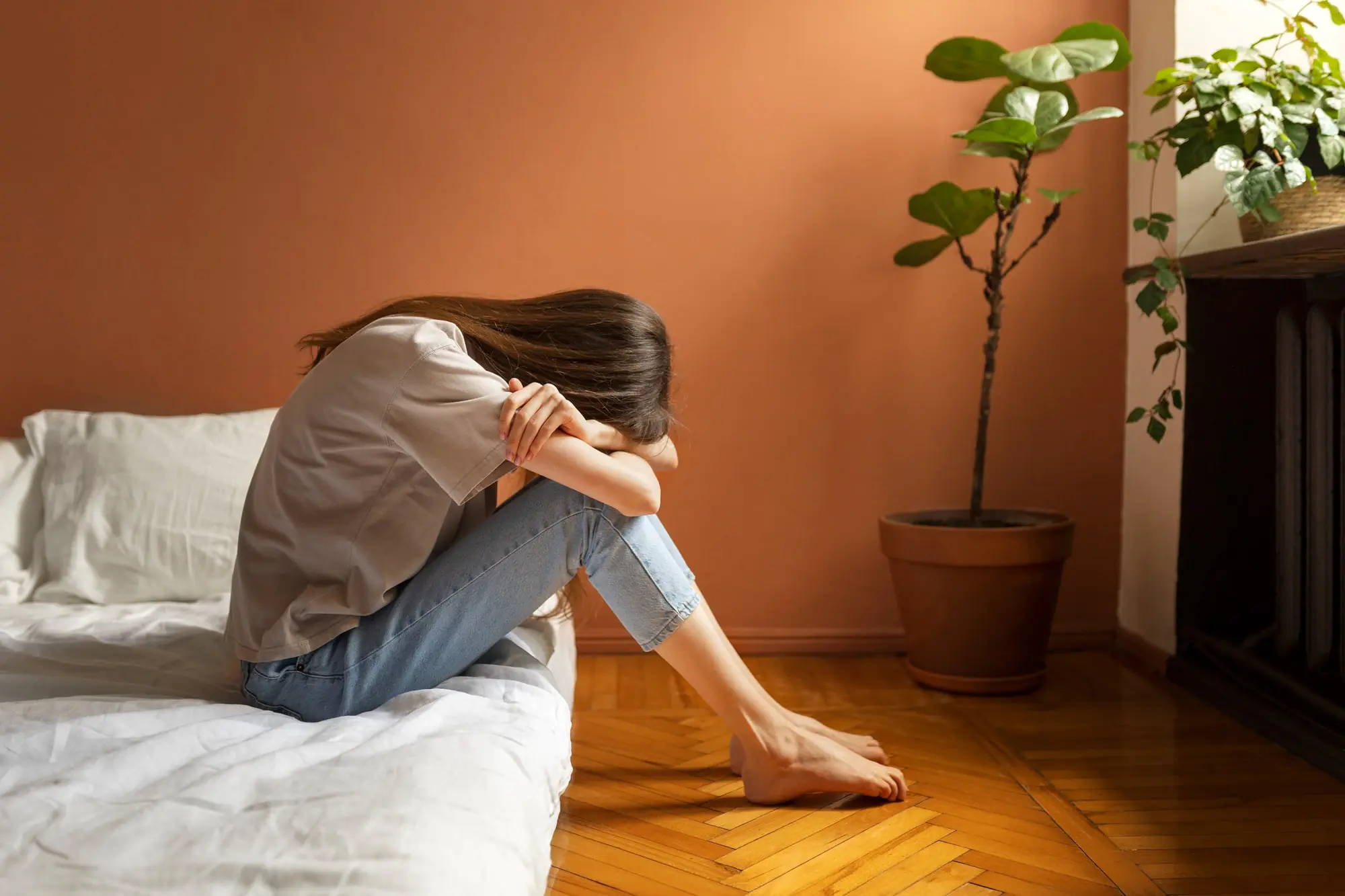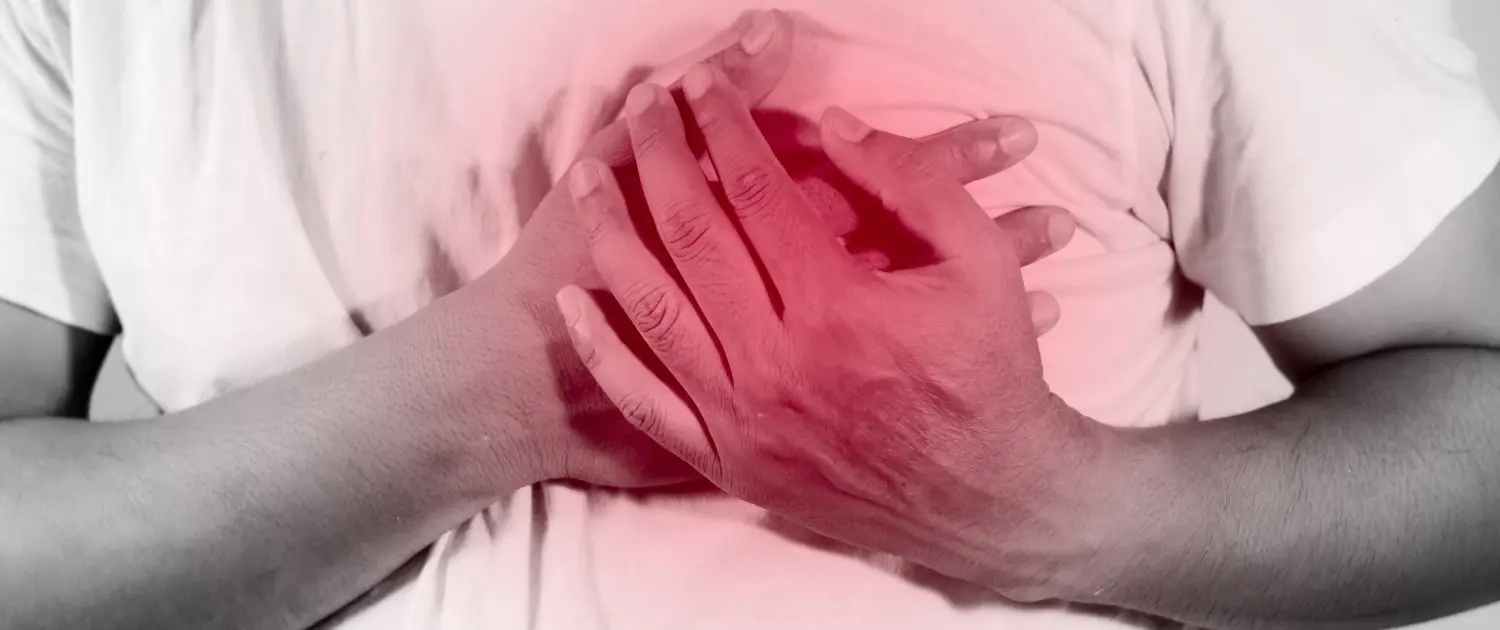During the winter months, we may feel sadder, tiredder, and hopeless. Experts state that these feelings may be related to sunlight and that symptoms such as negative emotions, sleep problems, and lack of motivation that occur in overcast weather may indicate winter depression.
What causes winter depression?
Mood changes that occur at certain times of the year and repeat themselves are called “seasonal affective disorder”. The most common subtype is “winter seasonal affective disorder”. This disorder, also called winter depression, occurs when depressive symptoms occur in autumn and winter; It is a disease in which these symptoms disappear in the spring and summer months.
What are the symptoms of winter depression?
Individuals experiencing winter depression experience typical symptoms such as loss of energy and negative affect. Additionally;
• Loss or increase in appetite,
• Decrease or increase in sleep,
• Reluctance,
• Hopelessness,
• Tiredness,
• Irritability,
• Various symptoms may occur, such as thoughts of death and suicide.
Who usually gets winter depression?
Although winter depression is seen in individuals of all ages, the age at which the first complaint appears is young adulthood. Winter depression, like other forms of depression, is twice as common in women than in men. In addition, individuals suffering from some psychological disorders such as bipolar disorder are more likely to experience winter depression, as their complaints of depression can vary greatly seasonally.
What are the causes of winter depression?
At the source of winter depression; In addition to family history and personality traits, the effect of sunlight on human biology is emphasized. In autumn and winter, the shortening of the days, decreases in daylight and long dark hours may cause an increase in the melatonin hormone secreted by individuals and a decrease in the serotonin hormone. Increases and decreases in these hormones may reveal the biological effects necessary for the formation of depression because serotonin and melatonin play a supporting role in regulating the sleep and wakefulness cycle, energy and mood in individuals. In this context, scientific research has shown that vitamin D stored in the body thanks to sunlight may be a protective factor against winter depression symptoms.
How is winter depression treated?
As a form of treatment, bright light therapy applied early in the morning can be effective in overcoming winter depression. Other treatment methods for winter depression are psychotherapy combined with medical treatment.
If you think you are experiencing winter depression, you can increase outdoor activities such as exercise, sports and meeting with your close circle. Apart from these, winter may be the best time to pick up a new hobby. You can experience the excitement of coming home from work and doing something you love. In this way, you can feel better and spend this period more peacefully.
Related Posts




